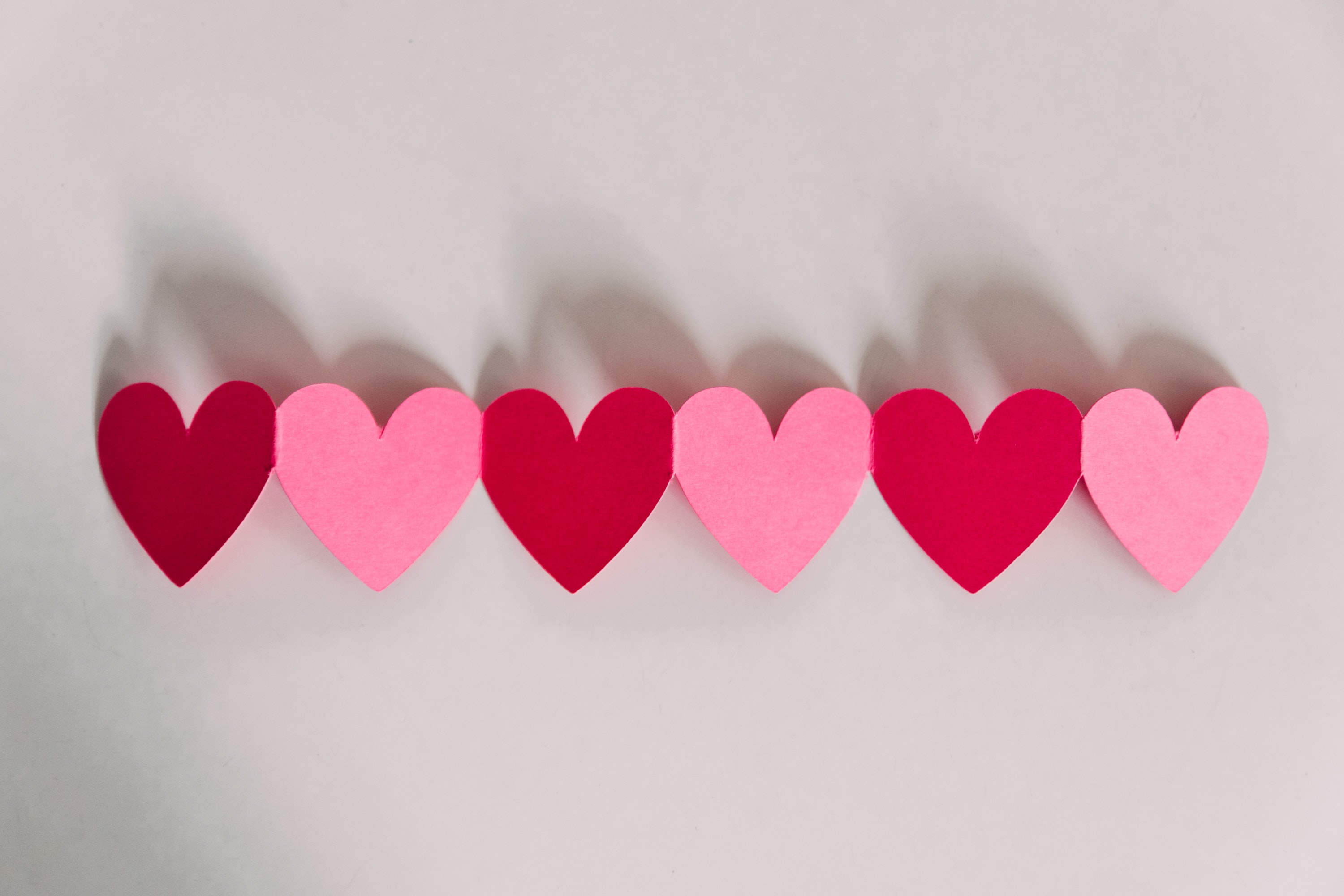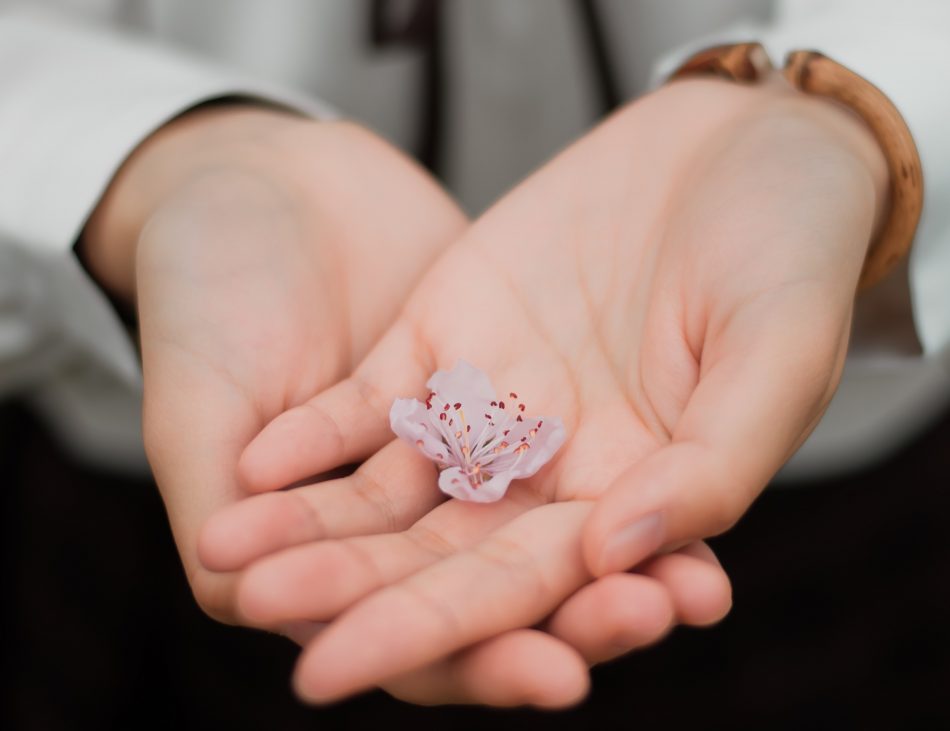Born with the rare disease Biliary Atresia, baby Emma did not have any hope of surviving her first year without a successful liver transplant.
Deteriorating quicky, her parents put their life on hold and moved the family to Sydney, hopeful that an appropriate donor would come through to enable their little baby girl a chance of survival.
One day, while doctors again tried to take blood from her with no luck, her parents watched her cry tears that were stained yellow from the liver disease.
It was at that point; they almost gave up hope.
That was until a call later that night advising that Emma was going to get a second chance at life as a result of a selfless family donating organs to complete strangers.
After a successful transplant, Emma got stronger and stronger, and was back home with her parents.
There are many stories like Emma’s across the country as a result of Australian’s donating their organs. In 2021, 421 deceased Australians chose to gift someone another chance at life or significantly improve their state of being.
Organ donation is a huge consideration and one that requires a great deal of support from family and friends.
What is organ donation?
Organ donation is a lifesaving and life-renewing medical process where organs are surgically removed from a donor and transplanted into another person who is either very sick or dying.
Australia is internationally recognised for its successful organ transplants and most recipients go on to lead fulfilling and mobile lives.
Organ donation can help people living with kidney disease, heart failure, lung disease, liver disease or type 1 diabetes.
Who can become an organ donor?
In Australia, you must be over 18 years of age to legally register your consent for organ donation, which can be done online at the Australian Organ Donor Register. Anyone aged 16 or 17 can register their interest. The register enables you to record your decision to become an organ donor while also indicating which organs you wish to donate.
You can change your preferences and choices regarding donation on the register anytime.
Having the conversation with family and loved ones
If you decide to become a donor, it’s important to make this clear to your family.
Your family will most likely experience a great deal of emotional turmoil upon your death, and therefore may be more sensitive to how your body is treated. Providing them with clarity will comfort them and enable an informed decision to be made on your behalf.
According to Donate Life, 7 out of 10 families say “yes” to donation if they already know their loved one wanted to be a donor. This increases to 9 out of 10, if their loved one had registered online when they were alive.
During end-of-life care, your family will be supported every step of the way by medical teams and donation specialists to discuss options. They will be asked to provide vital health information and consent, before proceeding with the organ donation process.
Living Donation
Although organ donation is often viewed as being a procedure undertaken after death, there is also the option for those who are healthy and alive to donate their organs.
According to the Australian Organ and Tissue Authority, 203 living Australians donated their organs in 2021.
Living organ donation is commonly seen where someone donates a kidney to a relative, close friend or partner who has end stage kidney disease.
Extensive testing is required to determine a person’s suitability for donation, as donors must be in good physical and psychological health.
The bottom line
If you can, plan ahead and make your end of life wishes known to your family and loved ones, so when the time comes, they can feel confident in their decision.
Further information and resources
Join the register | DonateLife
The information on this website is for general information only and are not (and nor are they intended to be) a substitute for professional medical or mental health advice, nor is it used for diagnosis and treatment. You, or anyone you are concerned about, are encouraged to seek professional medical or mental health advice and treatment from suitably qualified medical and clinical practitioners and providers.
Our full terms and conditions are available here
If you are in crisis or think you may have an emergency, immediately call Emergency 000. If you're having thoughts of self-harm or harm to others call Lifeline on 13 11 23 to talk to a skilled, trained counsellor. If you are located outside Australia, contact your local emergency line directly.






